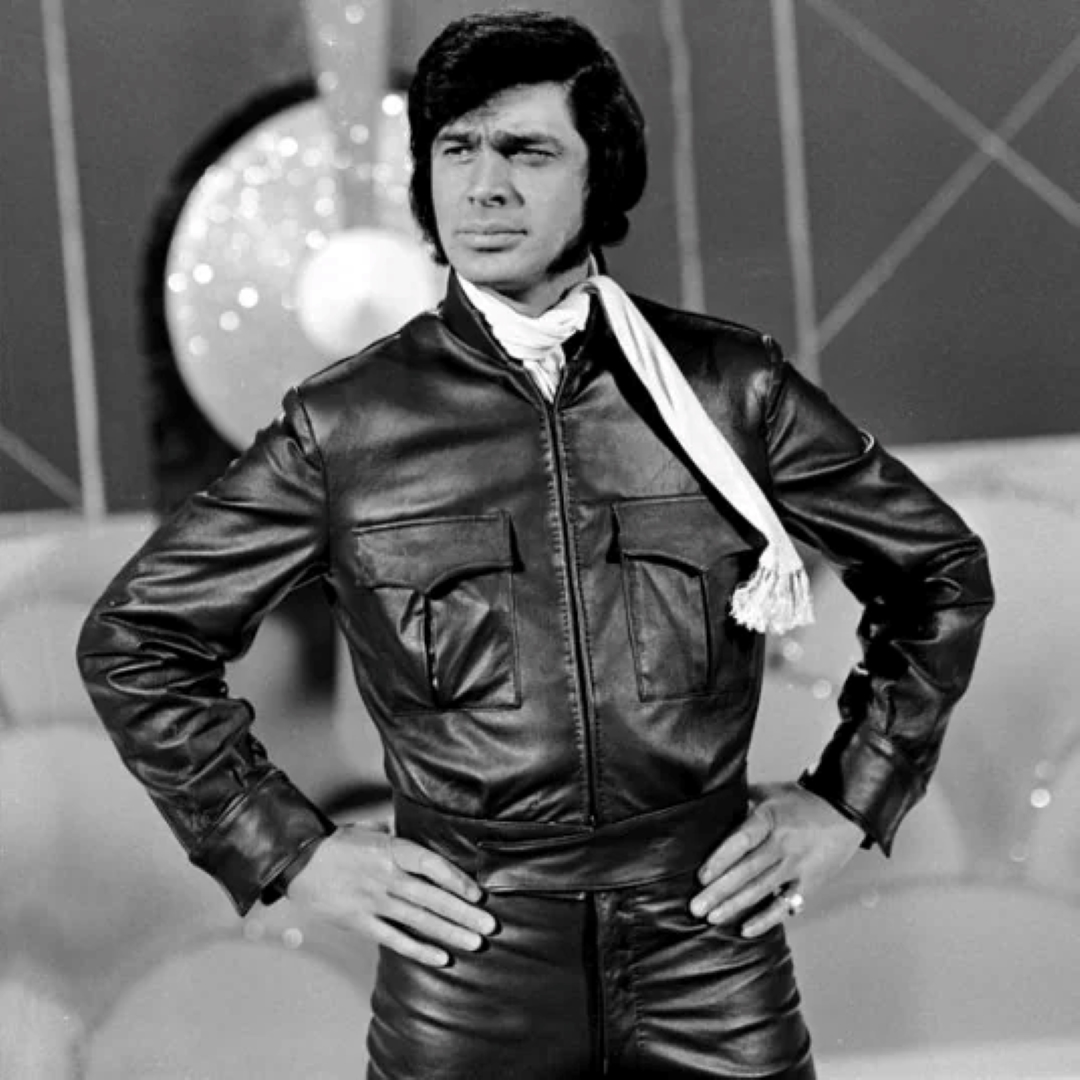🌹 A Song That Defined Engelbert’s Persona
In the summer of 1968, Engelbert Humperdinck released “A Man Without Love,” an English adaptation of the Italian hit “Quando m’innamoro.” What might have been just another love song in his catalog soon became one of his defining ballads. The track perfectly captured what Engelbert embodied on stage: romance, vulnerability, and a rare sincerity that made audiences feel as though he was singing directly to them.
The opening notes already promised something intimate. Then came Engelbert’s velvet baritone — rich, yet tender, overflowing with the kind of longing that audiences across Europe and America couldn’t resist. For a man whose career had already soared with “Release Me” and “The Last Waltz,” this was another jewel that solidified his reign as one of the greatest crooners of his era.

💔 A Song of Loneliness and Longing
The lyrics of “A Man Without Love” carry a kind of bittersweet beauty: the story of someone living in emptiness, dreaming of a love that seems just out of reach. For Engelbert, it wasn’t just words. He sang with such conviction that the song transformed into a confession — as if he had lived through that aching loneliness himself.
Fans adored this duality. On the one hand, Engelbert was the glamorous star of Las Vegas, surrounded by glitter and adoration. On the other, he was also the “man without love,” yearning, vulnerable, and very human. That tension between stardom and sensitivity was what made the song — and Engelbert himself — irresistible.
🌍 An International Triumph
A Man Without Love climbed charts worldwide, peaking at No. 2 in the UK and entering the US Billboard Hot 100. But beyond commercial numbers, the song’s power was cultural. It was played at weddings, at romantic dinners, and became a soundtrack for lonely hearts across continents.
In Italy, listeners felt proud that their beloved “Quando m’innamoro” had found a second life through Engelbert’s interpretation. In America, the song placed him firmly among other iconic crooners like Tom Jones and Frank Sinatra, but with a style all his own: less swagger, more tenderness.
🎙️ A Live Favorite
When Engelbert performed “A Man Without Love” on stage, the effect was electric. Women in the audience often clutched their chests, swayed, or even wept. In Las Vegas, under the glow of casino lights, Engelbert’s performance created a world where every listener felt seen. His ability to turn a crowded concert hall into an intimate serenade was unmatched.
Unlike some of his faster, playful numbers, “A Man Without Love” demanded stillness. The spotlight narrowed, the band softened, and the voice of Engelbert filled the room like a prayer. It was in these moments that his reputation as a true master of the romantic ballad was sealed.
💎 The Song’s Enduring Legacy
Decades later, “A Man Without Love” still holds a special place in Engelbert’s discography. It has been covered by countless artists, but none could replicate the mixture of power and vulnerability that Engelbert delivered.
Even more astonishing is how the song continues to resonate with younger generations. It appeared in the Marvel series Moon Knight in 2022, introducing Engelbert’s music to an entirely new audience. Suddenly, a 1968 ballad was trending again, proving the timelessness of love — and of Engelbert’s artistry.
❤️ The Heart of Engelbert’s Music
What makes “A Man Without Love” unforgettable is that it captures the very essence of Engelbert Humperdinck: a man who could stand on stage before thousands and still make you feel he was singing only for you. It wasn’t just about romance — it was about empathy, the ability to channel universal emotions into a voice that comforted as much as it enchanted.
Through this song, Engelbert reminded the world that being without love is one of the deepest human pains, but also one of the most relatable. And in his hands, even that pain could be transformed into beauty.
📀 A Song That Lives Forever
More than five decades after its release, “A Man Without Love” is not just a ballad of the late 60s — it is a testament to the timelessness of longing, the universality of heartbreak, and the enduring magic of Engelbert Humperdinck’s voice.
For millions, this song will always be more than a hit. It will remain a companion in moments of loneliness, a comfort in times of heartbreak, and a reminder that love — even when absent — defines us all.